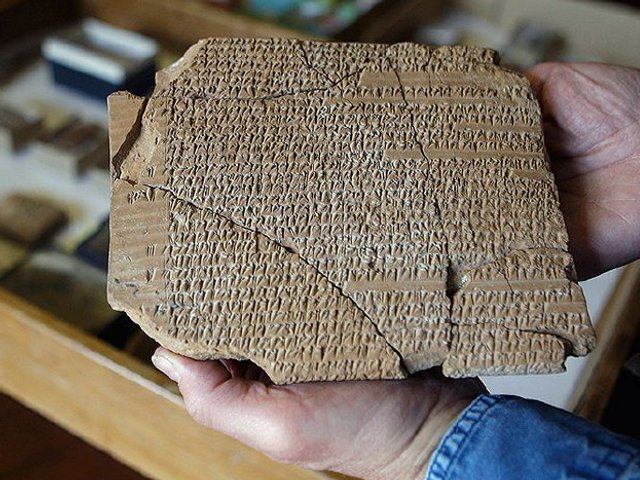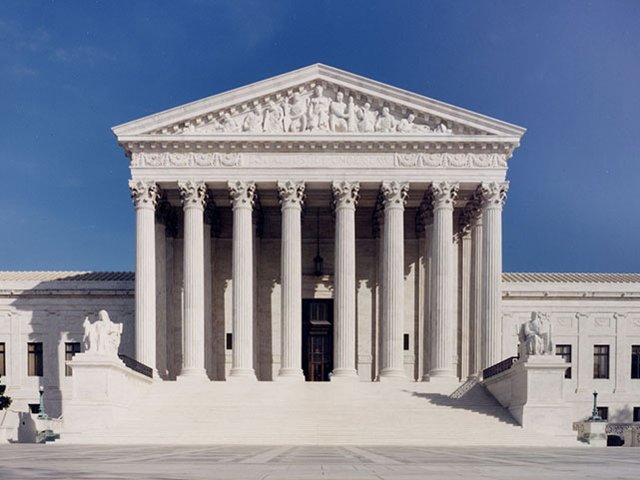Chicago
A proposed US law to impose sanctions on Iran could make it much easier for people who have a claim for damages against Iran to seize Iranian antiquities and art held in US museums as compensation. The amendment, part of a bill approved by the Senate banking committee last month, has a provision that could, unintentionally, affect a case involving antiquities at the University of Chicago’s Oriental Institute.
The measure would “make it easier for individuals to seize and auction off priceless ancient Persian antiquities” held at US museums to satisfy court judgments, says the National Iranian American Council, a Washington, DC, non-profit group. The bill poses a threat to a collection of ancient clay tablets known as the Persepolis tablets, owned by Iran and on loan to the University of Chicago since 1937. The objects contain valuable records of daily transactions in Persia. The council is urging constituents to contact Congress to alter the amendment to exclude cultural property at US museums and universities.
Culture or commerce?
The bill would render obsolete the “commercial activity” test, which hampers complainants seeking to seize assets in cases against foreign nations in US courts. Under the US Foreign Sovereign Immunities Act, a foreign nation can be sued and, under certain conditions, its US assets seized. For this to happen, proof may be required that the property of the foreign nation was used for a “commercial activity” in the US.
Tricia Enright, the communications director for Senator Robert Menendez (Democrat, New Jersey), who is backing the amendment, says that it is intended to define Iran’s property interests to include “certain security and financial assets” and to deem such interests “a commercial activity”.
Menendez’s proposal cites “any” property owned by Iran in the US, making no distinction “between seizing Iran’s financial assets and seizing artefacts from museums”, says David Elliott, the assistant policy director at the
Iranian-American council. “We can preserve the right of victims without putting irreplaceable Persian antiquities into auction.” He says: “This is a threat not just to Persian antiquities, but also to all museums that engage in international exchanges.”
A spokesman for the University of Chicago says that while most of the Persepolis find has been returned to Iran after being restored, around 20,000 objects are still on loan for research.
The Persepolis tablets are at the heart of an ongoing case against the Oriental Institute, in which several people are seeking the antiquities as part of a $77m court judgment against Iran for injuries they sustained in a 1997 terrorist bombing in Jerusalem. A 2003 default judgment in Washington, DC, was based on Iran’s failure to appear and defend itself in the legal case.
Patty Gerstenblith, a professor at DePaul University law school, says that while she condemns any terrorist act, it would not be “logical” for Congress “to view deprivation of archaeological artefacts on loan from a foreign nation, even a state sponsor of terrorism, as a means of carrying out sanctions against that nation. Ancient artefacts owned by a nation are not a financial resource that can be used to fund and encourage terrorist activities.”
The US government has filed a statement of interest in the Oriental Institute case, urging the court to affirm Iran’s immunity in the case. No schedule has been set to send the bill to the Senate for a vote.
Originally appeared in The Art Newspaper as 'US sanctions on Iran could create back door to seize museum antiquities'



